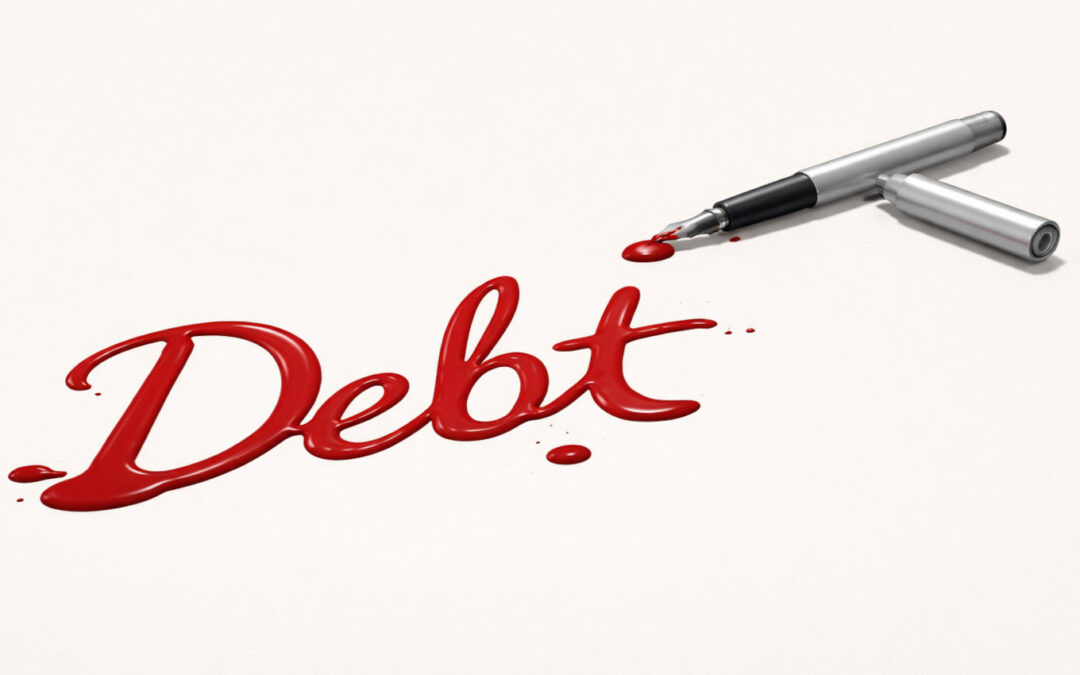
by Dan Mitchell | Apr 27, 2017 | Blogs, Economics, Taxation
I expressed pessimism yesterday about Trump’s tax plan. Simply stated, I don’t think Congress is willing to enact a large tax cut given the nation’s grim fiscal outlook. In this Fox Business interview, I elaborated on my concerns while also pointing out that the plan...
by Dan Mitchell | Apr 19, 2017 | Blogs, Taxation
Fundamental tax reform such as a flat tax should accomplish three big goals. Lower tax rates in order to encourage more productive behavior. Get rid of double taxation in order to enable saving and investment. End distorting preferences in order to reduce economically...
by Dan Mitchell | Apr 16, 2017 | Blogs, Taxation
Since I’ve written that the International Monetary Fund is “the Dumpster Fire of the Global Economy” and “the Dr. Kevorkian of Global Economic Policy,” I don’t think anyone could call me a fan of that international bureaucracy. But I’ve also noted that the real...

by Dan Mitchell | Mar 30, 2017 | Blogs, Taxation
There are many powerful arguments for junking the internal revenue code and replacing it with a simple and fair flat tax. It is good to have lower tax rates in order to encourage more productive behavior. It is good to get rid of double taxation in order to enable...
by Andrew F. Quinlan | Mar 16, 2017 | Opinion and Commentary
Originally published by Washington Examiner on March 2, 2017. With President Trump in office and Republicans in full control of Congress, the prospects for major reforms to the tax code are the highest they’ve been since the Reagan era. Reform might not only...



